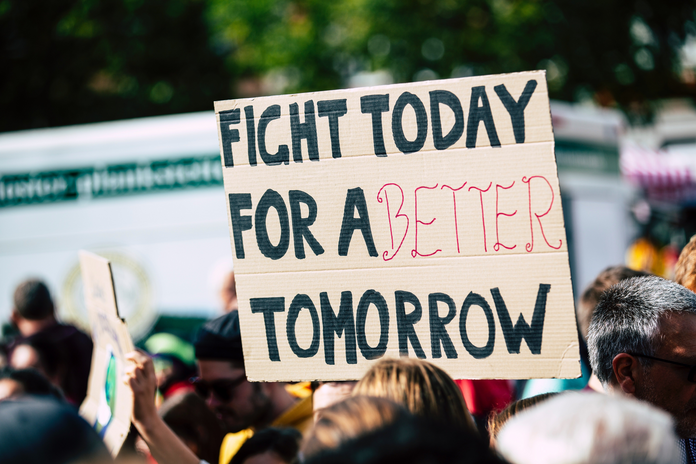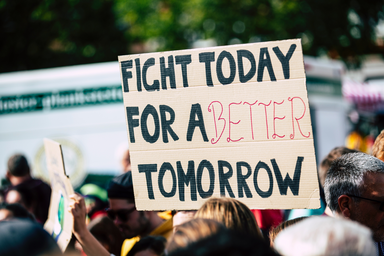When the term “Thanksgiving” is brought to mind, most people envision being with family and eating large amounts of food. Occasionally a past history class will push an image of the pilgrims and Indigenous people coming together to celebrate their friendship and the harvest that they had successfully cultivated together. On Thanksgiving, the white lens is always the one individuals gaze through; they celebrate Thanksgiving as a happy holiday and one of the key moments where the seeds of America had been, literally and figuratively, planted. Yet, Indigenous people see this traditional holiday differently, noting the pillaging, slaughtering and forced assimilation of their people by the colonists.
Even today, Indigenous people are suffering at disproportionate rates without gaining any media traction that might aid their oppression. On this Thanksgiving, we need to acknowledge what Indigenous people are facing by the ancestors of the same colonists that killed their people.
One of the most harrowing and haunting things occuring in Indigenous communities is the alarming rate of violence against women. Women in Indigenous communities are being murdered at nearly 10 times the rates of other areas in America, as well as facing high rates of sexual violence, with the crimes being committed by many outside of the community. Women in these communities are also going missing, prompting grassroots organizations to create movements, such as the Murdered and Missing Indigenous Women Movement (#MMIW), and other campaigns such as #NotInvisible and Drag the Red. These movements seek to raise awareness of the atrocities Indigenous communities are facing and offer support to friends and family of missing and murdered women.
Moreover, many of these women who are missing are not registered in the Department of Justice database. In 2018, there were 5,712 missing Alaska Native and Indigenous women, yet only 116 were registered. At such disproportionate rates, there has been research to indicate why there is such a high rate of violence in Indigenous communities and to identify the data gaps in crime trends. Underreporting, racial misclassification, racial and gender bias and a lack of law enforcement resources required to close these cases has led to the challenges we have seen exhibited in Indigenous communities.
There have been pushes to create legislative acts in order to protect Indigenous women. One bill, Savanna’s Act, named after Savanna LaFontaine-Greywind who was abducted and killed in North Carolina, passed in September 2020. This act requires the Department of Justice to take action and offers support through training, strategies on educating the public about the National Missing and Unidentified Persons System, reporting statistics on missing or murdered Indigenous peoples and more. Other state legislative responses have been created as well, including the creation of many task forces.
This is not enough. While Savanna’s Act is a start, it still fails to create a solid safety system that supports and protects Indigenous women, specifically those living in urban areas, as the bill does not include urban areas in its reports. This would allow violence against the Indigenous community and women to continue in these areas. Moreover, more legislative action besides the Savanna’s Act must be passed to support tribal governments. As of right now, many grassroots organizations are pushing for more legislative action through campaigns and community support. Events such as marches, vigils and more allow the Indigenous community to continue to support each other and to raise awareness for these issues.
Getting involved is the best way to make a difference and to ensure that things change to better help and protect Indigenous communities and Indigenous women. There is a card available that has links to educational resources, petitions, ways to donate and Indigenous creators. The more you advocate for and educate yourself on the issues in these communities, the quicker change can happen.


